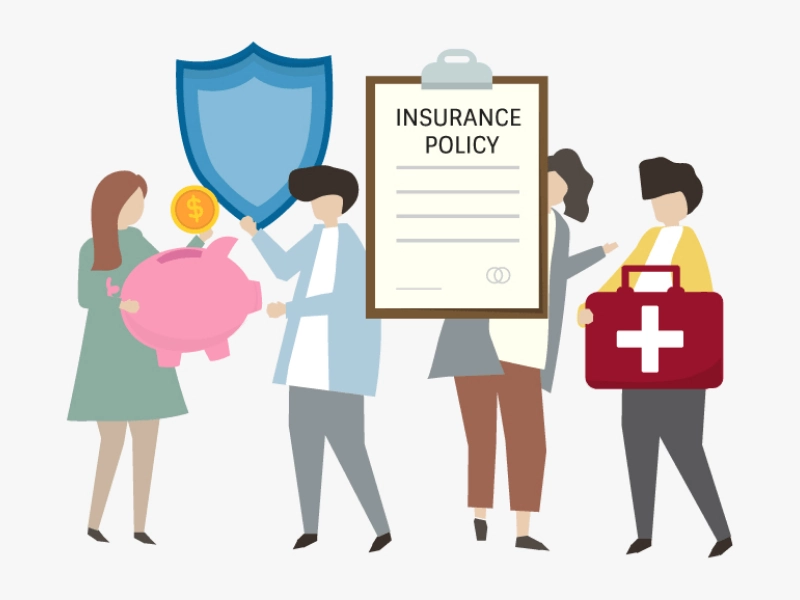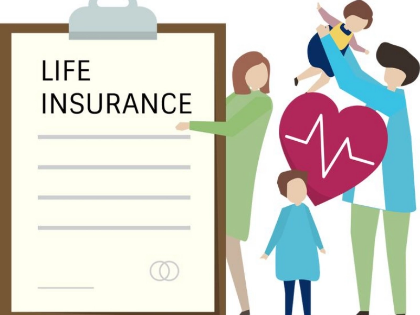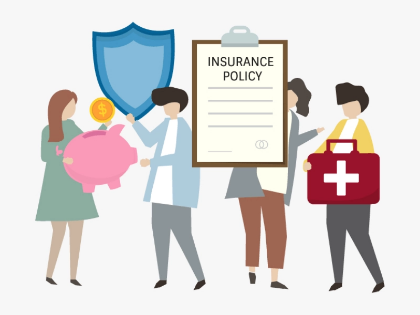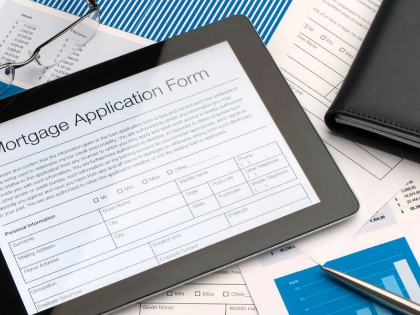So how can you make sure that the cost of your insurance is reasonable? Here are some pointers for cost management. These include determining the level of coverage you require, cutting expenses without sacrificing protection, and routinely checking your policies.
1. Recognise your needs.

Budgeting for insurance costs is a terrific strategy to make sure your premium payments are worthwhile and to help you be prepared financially for unforeseen expenses. According to personal finance expert Todd Christensen, this is particularly crucial when figuring out your maximum out-of-pocket expenses and budgeting for healthcare bills.
The many kinds of co-pays and deductibles that are included in your health insurance policy should also be understood because they can quickly mount up. A deductible is a predetermined sum of money that you must pay for medical care before your health insurance starts to cover the costs. The portion of the payment that you must pay after the deductible has been satisfied is known as your co-insurance. Although they are more difficult to predict in advance, you can prepare for them by reviewing your agent's past claim history and scheduling a meeting.
2. Put money aside.

Even though monthly health insurance premiums are frequently a large price, you can lower them by making savings in other areas of your budget. You can find savings by looking more closely at your spending plan, such as by switching to a more fuel-efficient vehicle or by removing collision and comprehensive insurance.
Compute your set premium payments and regular out-of-pocket medical expenses, like prescription medications and doctor visits. These expenses are simpler to budget for because they often don't change much from year to year.
Next, choose your annual maximum amount that you will have to pay out-of-pocket for unforeseen costs (such as an emergency surgery or sports injury). It's critical to keep this figure in mind because it represents the largest variable in healthcare.
3. Select a Deductible That Suits Your Spending Cap

An expense that you must pay out of pocket prior to the start of your insurance coverage is known as a deductible. Selecting a deductible that fits your spending plan is important, but it shouldn't be too expensive to make it impossible to pay the premiums.
It's crucial to put away enough money in your healthcare spending account or standard savings account to satisfy your deductible, if applicable. In the event that you have unforeseen bills, this can help you avoid a cash flow disaster.
It's a good idea to experiment with different deductible choices to see how your premium is affected. It might surprise you to learn that you can save money by having a higher deductible. You may weigh your alternatives and make wise decisions with the assistance of your agent.
4. Examine your policy.

Regular policy reviews are the best method to control insurance prices. This could show you the unnecessary things you're paying for or the things that could be combined into one cheaper policy.
Every time you go through a significant life event, such as purchasing a home, sending a child off to college, or receiving an inheritance, it's a good idea to check your policies. These modifications may result in a change to the coverage you require or the need to add a new requirement.
Every kind of insurance has its own jargon, and many everyday terms have precise legal definitions. Make sure you fully grasp everything by thoroughly reading your policy and asking questions. You can save a tonne of money down the road by making a small extra effort today.
5. Consult with your representative.

It's crucial to consult with your agent about insurance. They can help you locate a policy that suits your budget and offer professional guidance.
Bring as much information as you can to your meeting with your agent. This will ensure that the meeting is beneficial and fruitful.
Additionally, it will help your agent better understand your preferences and needs. It will assist them in avoiding overcharging you for unnecessary goods and services.
Bring comprehensive information about your staff, facilities, and machinery if you are a business owner. Your agent is better able to negotiate reduced rates if they have more information at their disposal. Bring information about any impending changes that could affect your policy as well. For instance, you can qualify for savings because of security measures or energy efficiency.
Recommended Reading: The Fundamentals of Budgeting: Taking Charge of Your Money
























Reduces uncertainty anxiety.
Streamlines retrospective synthesis.
Useful even stripped of context.